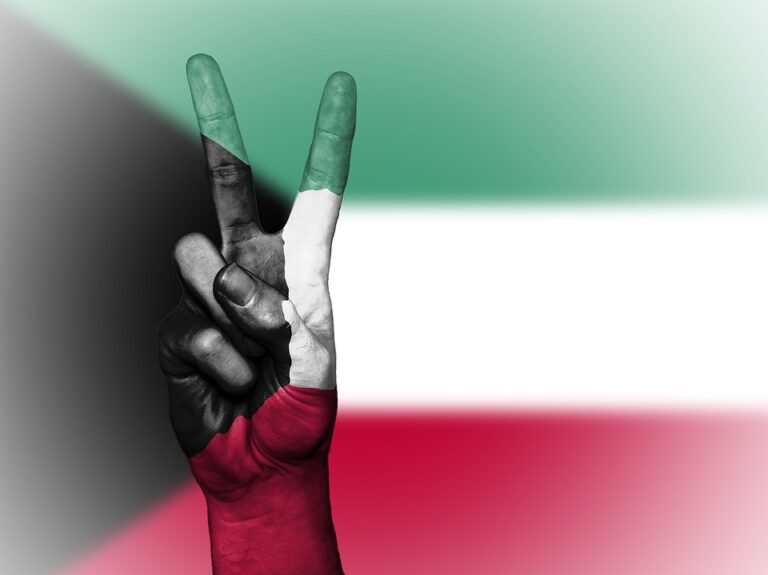
[ad_1]
Kuwait, a small country in the Middle East, is home to a rich and diverse culture that dates back thousands of years. From its ancient history as a center of trade and commerce to its modern role as a leading oil producer, Kuwait has a fascinating story to tell.
The history of Kuwait can be traced back to around 3000 BC, when it was an important center of trade and commerce in the region. The area’s strategic location along the Arabian Gulf made it an important hub for trade between the Mesopotamian civilization and the Indus Valley civilization. Over the centuries, Kuwait was ruled by various empires, including the Babylonians, the Seleucids, and the Abbasids.
In the 18th century, Kuwait became a haven for Bedouin tribes fleeing the harsh conditions of the Arabian Desert. These tribes settled in the area and established a thriving pearl diving industry, which helped to bring wealth and prosperity to the region. By the late 19th century, Kuwait had become a major trading port, with a bustling marketplace and a diverse population of merchants, traders, and pearl divers.
In 1899, Kuwait came under British protection, a status that lasted until the country gained independence in 1961. Since then, Kuwait has developed into a modern, prosperous nation, thanks in large part to its vast oil reserves. Today, Kuwait is one of the wealthiest countries in the world, with a thriving economy and a high standard of living.
Kuwait’s rich history is reflected in its culture, which is a vibrant mix of traditional Bedouin customs and modern influences. The country’s cuisine, for example, is a blend of Arabic, Persian, and Indian flavors, with dishes such as machboos (spiced rice with meat) and harees (wheat and meat porridge) being popular local favorites.
Kuwait is also known for its traditional music and dance, which often feature lively rhythms and intricate choreography. The country’s arts and crafts are also highly regarded, with traditional hand-woven textiles, pottery, and jewelry being prized for their craftsmanship and beauty.
One of the best ways to experience Kuwait’s rich culture and history is by visiting the country’s many museums and historical sites. The Kuwait National Museum, for example, offers a comprehensive overview of the country’s history, with exhibits on everything from ancient artifacts to modern art. The Tareq Rajab Museum, meanwhile, showcases a wide range of Islamic art and artifacts, including textiles, pottery, and jewelry.
In addition to its museums, Kuwait is home to a number of important historical sites, including the Failaka Island archaeological site, which contains the ruins of an ancient Greek settlement, and the Grand Mosque, a beautifully ornate structure that dates back to the 18th century.
For those interested in experiencing Kuwait’s cultural traditions firsthand, the country hosts a number of annual festivals and events, including the Hala February Festival, which celebrates Kuwaiti heritage and culture through music, dance, and culinary events.
In conclusion, Kuwait’s rich culture and history make it a fascinating destination for travelers seeking to explore the heritage of the Middle East. From its ancient roots as a center of trade to its modern role as a powerhouse of the global economy, Kuwait has a story that is as diverse and vibrant as its people. Whether you’re interested in exploring ancient ruins, sampling traditional cuisine, or experiencing local festivals, Kuwait has something to offer for everyone who wants to discover its rich culture and history.
[ad_2]